By Vincent L. Hall

Thankfully, I have not lost all of my senses. I’m still not talking with inanimate objects. This last week of watching the Republicans fumble the victory they won in November has been mind-blowing. However, as the old Black preacher used to say, I am still “clothed in my right mind!”
That being said, I must admit that ghosts and spirits are still within my purview. From time to time, I “conversate,” kick it and confer with the sages of history. If you follow me, you know Dr. Martin King exchanges ideas with me annually.
This interview is the 2023 version of our never-ending, woe-laden diatribes about these “Yet to be United States of America!
Me: Dr. King. As a monumental character in the history of America, what do you think of Critical Race Theory and those who would deny students to learn America’s actual past?
MLK: “A society is always eager to cover misdeeds with a cloak of forgetfulness, but no society can fully repress an ugly past when the ravages persist into the present.”
Me: The Mis-Education of American history is a problem, and the whole worthless CRT debate points that out. How can we create a new America that lives up to its creed and beyond its misdeeds to characterize one of your sayings?
MLK: “The hard truth is that neither Negro nor white has yet done enough to expect the dawn of a new day. While much has been done, it has been accomplished by too few and on a scale too limited for the breadth of the goal.
Freedom is not won by a passive acceptance of suffering. Freedom is won by a struggle against suffering. By this measure, Negroes have not yet paid the full price for freedom. And whites have not yet faced the full cost of justice.”
Me: I know that you watch MSNBC regularly, and between Joy Reid and Rachel Maddow, I am sure that you recognize that Black Americans are still in turmoil. What is the most crucial issue that faces Black Folks?
MLK: “In short, the Negroes’ problem cannot be solved unless the whole of American society takes a new turn toward greater economic justice.”
Me: Economic Justice! That was blunt and to the point.
What do you see as an answer to the burgeoning gap between the haves and havenots? Ten years after you were assassinated, (1978) the top 0.1% owned seven percent of the nation’s wealth, and today they own 20%. Today the 50 wealthiest Americans own more than 165 million in the “bottom half ” of our society.
MLK: “The poor can stop being poor if the rich are willing to become even richer at a slower rate.” Furthermore, unless a “substantial sacrifice is made by the American people,” the nation can expect further deterioration of the cities, increased antagonisms between races and continued disorders in the streets.”
Me: Wow. Your prophetic words ring truer today than before. America is in a free fall. Can you offer a final and comprehensive prescriptive?
MLK: “Let us be dissatisfied until America will no longer have high blood pressure of creeds and an anemia of deeds. Let us be dissatisfied until the tragic walls that separate the outer city of wealth and comfort from the inner city of poverty and despair shall be crushed by the battering rams of the fires of justice.
Let us be dissatisfied until they who live on the outskirts of Hope are brought into the metropolis of daily security. Let us be dissatisfied until slums are cast into the junk heap of history and every family will live in a decent, sanitary home. Let us be dissatisfied until the dark yesterdays of segregated schools will be transformed into the bright tomorrows of quality integrated education.”
Me: Dr. King, where do we go from here?
MLK: “In the days ahead, we must not consider it unpatriotic to raise certain basic questions about our national character. Power at its best is love implementing the demands of justice. Justice at its best is love correcting everything that stands against love.”
Me: Thanks, Doctor King.
Your wisdom never grows old, and your counsel is never out-dated!
(All of Dr. King’s responses can be found in his last book, published in 1967, “Where do we go from here…Chaos or Community?”)
Vincent L. Hall is an author, activist, and an award-winning columnist.

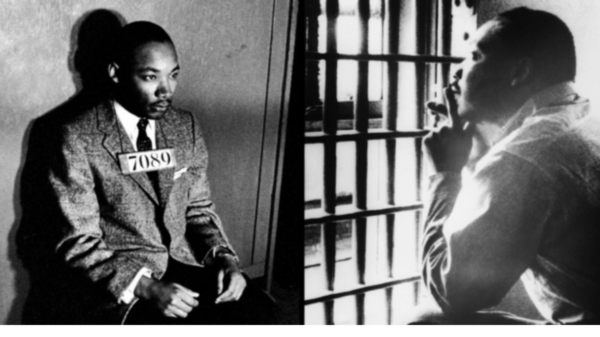
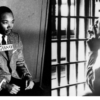
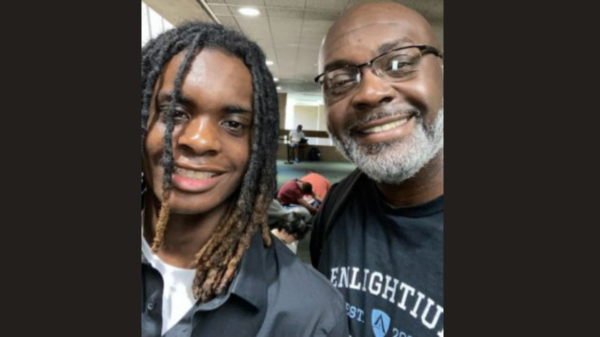
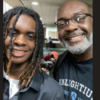
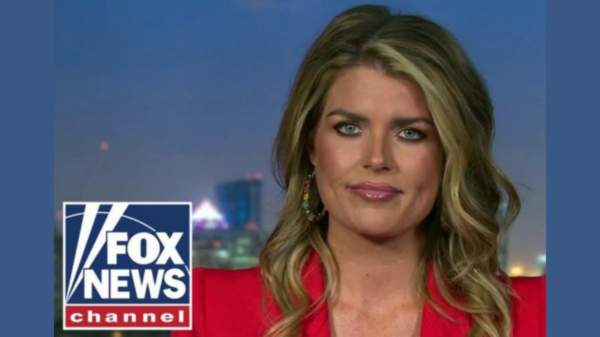

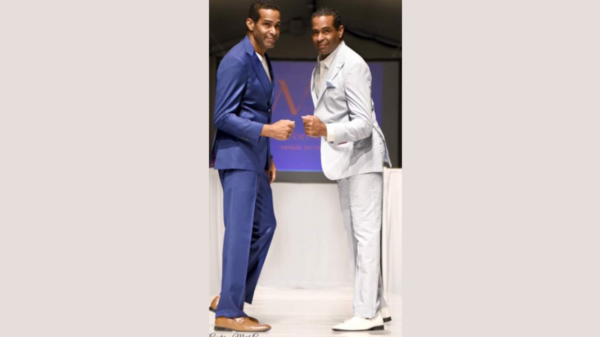

You must be logged in to post a comment Login